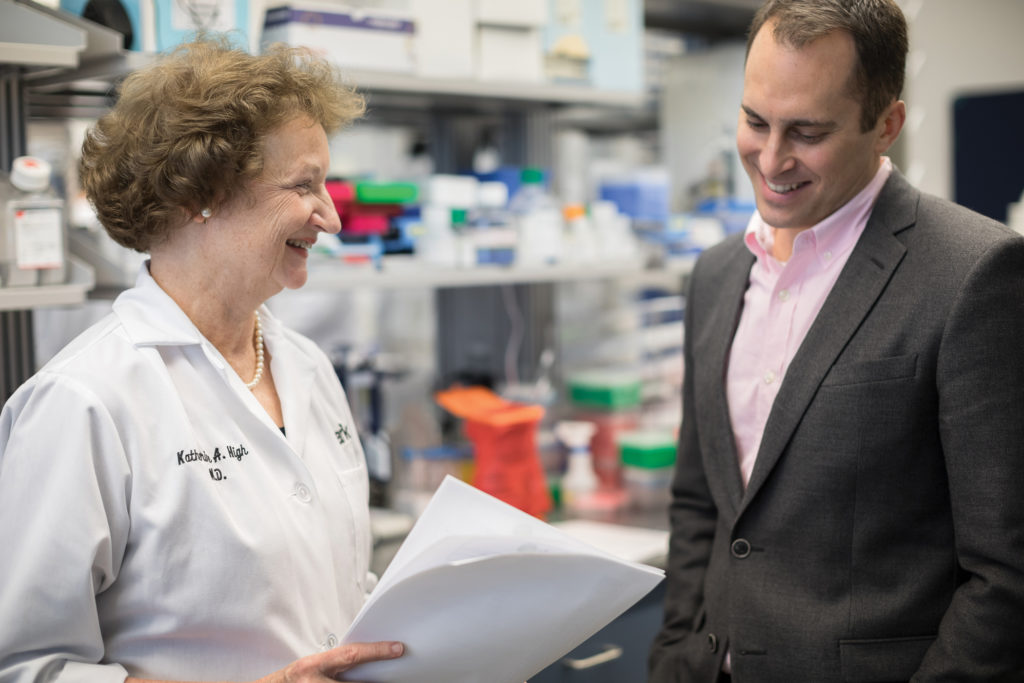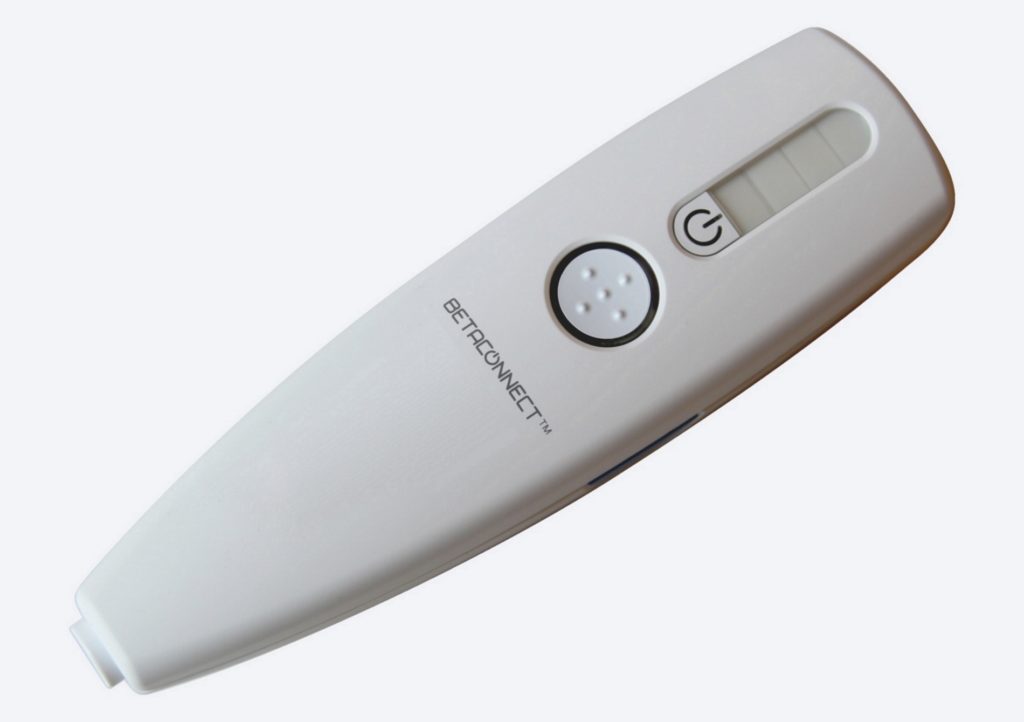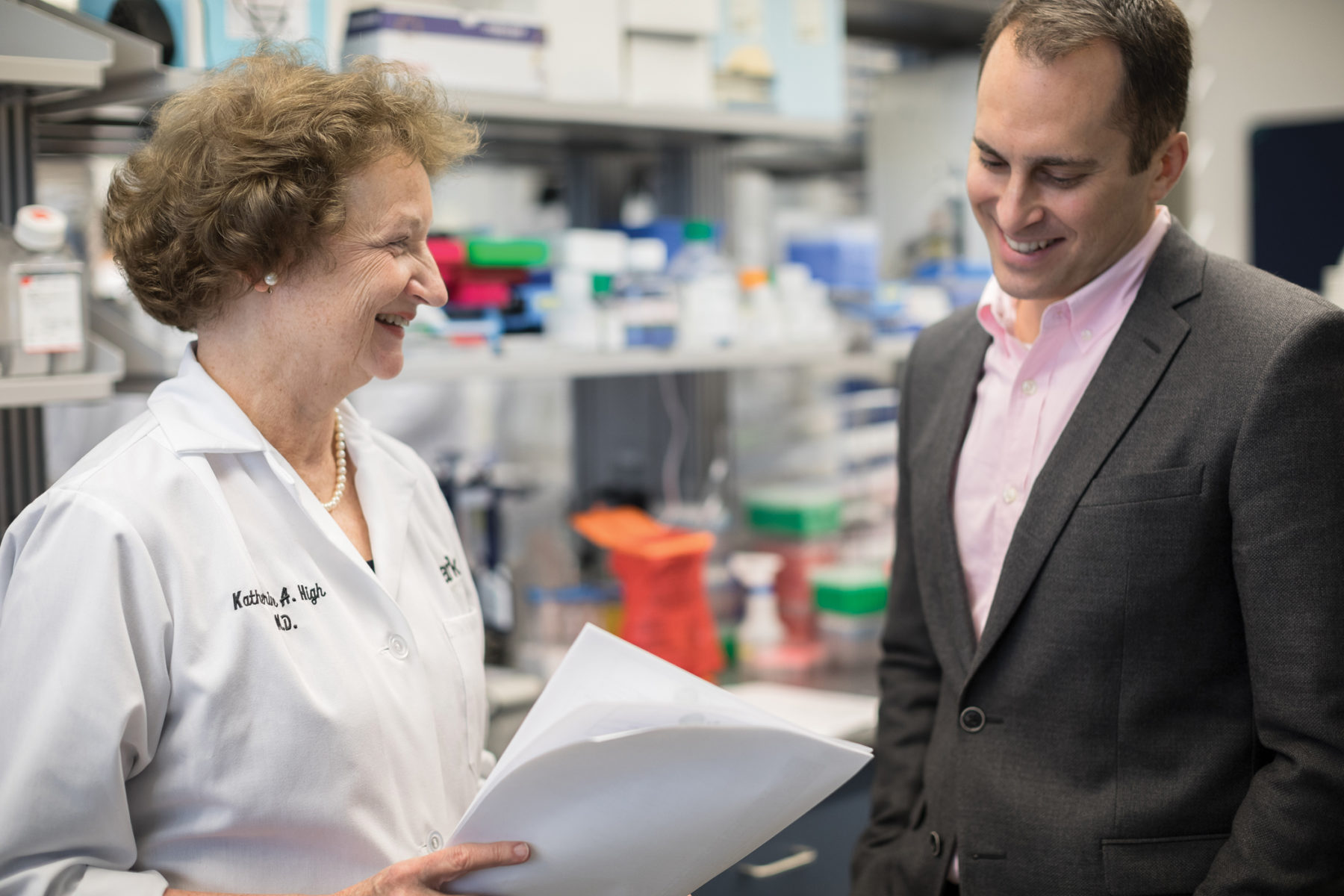TeleMed Text: Pharma Rep’s New App: HMS S.A.M.

HMS S.A.M. is the newest aid for pharmaceutical sales reps, released by Howell Marketing Services, a division of F. M. Howell & Company. The new app simplifies the way reps will guide their providers and physicians through the acknowledgement of content process (AOC) with streamlined, electronic signature technology.
The AOC requirement by the FDA’s Prescription Drug Marketing Act may be misunderstood by HCPs who don’t realize that in order to be eligible for additional free prescription drug samples, they must sign for the previously received drug samples.
The HMS S.A.M. app provides a quick, easy-to-use way of electronically closing AOCs. “Our customers are focused on maximizing their pharmaceutical sales reps’ productivity,” says Katherine Roehlke, President and CEO of F. M. Howell & Company. “We realize that our customers need a product to help their reps close AOCs. It not only assists with compliance, but streamlines the process. I’m proud of the result, and I believe it is going to change the industry.”
Discoveries/Innovations: Groundbreaking Gene Mutation Therapy Will Change Medicine
The FDA may approve a groundbreaking new therapy this January that can set the standard for treating genetic mutation diseases in the U.S. for years to come. Spark Therapeutics launched Luxturna, a gene therapy for treatment of an inherited eye disorder called Leber Congenital Amaurosis, which prevents an individual from seeing anything besides basic outlines and colors. So far, Luxturna has helped more than two dozen adults and children finally see the faces of their loved ones.
With the approval of Luxturna, many believe gene therapy, which means engineering a virus to deliver a healthy copy of a gene to a patient with a faulty version, will be the medicine of the future. Others are concerned, by the price and risk of engineering a fix for genetic mutations. Analysts believe it could cost up to $1 million to treat both eyes with Luxturna. Other gene therapies follow this high-cost trend, such as Novartis’ Kymriah, which is priced at $475,000.
In addition to price concerns, gene therapy research has not always been successful. In the early 2000s, children in a gene-therapy trial developed leukemia as a result of experimental treatment. Gene-therapy companies shut down and it has been a struggle to gain funding for the research again even with improved technology.
However, scientists like Jean Bennett from the University of Pennsylvania who pioneered the gene therapy that became Luxturna, believe that a revived interest in this research could mean finally correcting serious and previously untreatable genetic diseases, ushering in a new age of medicine. Bennett says, “I think from the very beginning, we were all convinced that this was going to work and that this was going to be safe. It’s so gratifying to get it to this point.”
Medical Device: Bayer And Phillips-Medisize Revolutionize MS Patients Treatment
 Phillips-Medisize’s groundbreaking myBETAapp and BETACONNECT Navigator, developed for use with an autoinjector for Bayer’s Betaseron, is designed to easily administer the medication to those patients using Betaseron for treatment. While the autoinjector was designed to make the injection process even more convenient, it is also possible for patients to sync their autoinjector to the myBETAapp via Bluetooth. They can then set their info to automatically sync with the BETACONNECT Navigator, which shares data (such as time of injection, date, speed, and depth) with their healthcare team and BETA Nurse.
Phillips-Medisize’s groundbreaking myBETAapp and BETACONNECT Navigator, developed for use with an autoinjector for Bayer’s Betaseron, is designed to easily administer the medication to those patients using Betaseron for treatment. While the autoinjector was designed to make the injection process even more convenient, it is also possible for patients to sync their autoinjector to the myBETAapp via Bluetooth. They can then set their info to automatically sync with the BETACONNECT Navigator, which shares data (such as time of injection, date, speed, and depth) with their healthcare team and BETA Nurse.
This makes it easier than ever for multiple sclerosis patients to share real-time, reliable information with their healthcare providers (physicians and pharmacists) so they can in turn provide the most appropriate care and recommendations possible. Patients will have access to a nurse 24/7 who will have data stored from a secure cloud-based server. This will be the first electronic autoinjector on the market, setting a precedent for just how convenient the next generation of digital medical devices will make self-care and adherence.
Trend Setting: Diabetes App Coming to Alexa
Merck sponsored the brand-new Alexa Diabetes Challenge in which 96 entrants competed to make Amazon’s AI assistant an aid specifically for diabetic patients. Wellpepper walked away with the $125,000 grand prize for their voice-enabled diabetes care plan, Sugarpod. A patient can not only expect Alexa to play their favorite tunes when they walk through the door, but also remind them to take their medication and scan their feet.
The Sugarpod prototype scans and records images of patients’ feet, which is important to check often since diabetes can cause nerve damage and affect blood circulation in this area of the body. “The current scale prototype only produces images, but will eventually do thermographic sensing and neuropathy testing,” says Wellpepper Co-founder and CEO Anne Weiler. “Early detection of hotspots that might indicate infection is particularly important in people who already have neuropathy and may not realize they have a sore or the beginning of one.” Sugarpod also allows patients to use their voices to complete tasks, from recording blood sugar levels and mealtimes to tracking their medication adherence. Wellpepper is in now discussing how to bring the product to market.
FDA Update
Drug Approvals
Mvasi, a biosimilar to Genentech’s Avastin, is the first biosimilar to be approved for the treatment of cancer in the US. Amgen’s Mvasi is used to treat certain colorectal, lung, brain, kidney, and cervical cancers.
Verzenio received approval for treatment of certain advanced or metastatic breast cancers. The FDA approves use of the Eli Lilly and Company drug in combination with an endocrine therapy, called fulvestrant, after the cancer had grown on endocrine therapy. It is also approved to be given on its own, if patients were previously treated with endocrine therapy and chemotherapy after the cancer had metastasized.
The FDA has approved Symbiomix Therapeutics’ Solosec for the treatment of bacterial vaginosis in adult women. The single-dose medication should be sprinkled on applesauce, yogurt, or pudding and consumed to reduce the effects of infections caused by bacteria.
Medical Device Updates
The FDA has granted 510(k) marketing clearance for the Peerbridge Cor System, a multichannel remote electrocardiogram (ECG) monitor. This device from Peerbridge Health is the smallest wearable monitor with water resistant electrodes for continuous monitoring.





